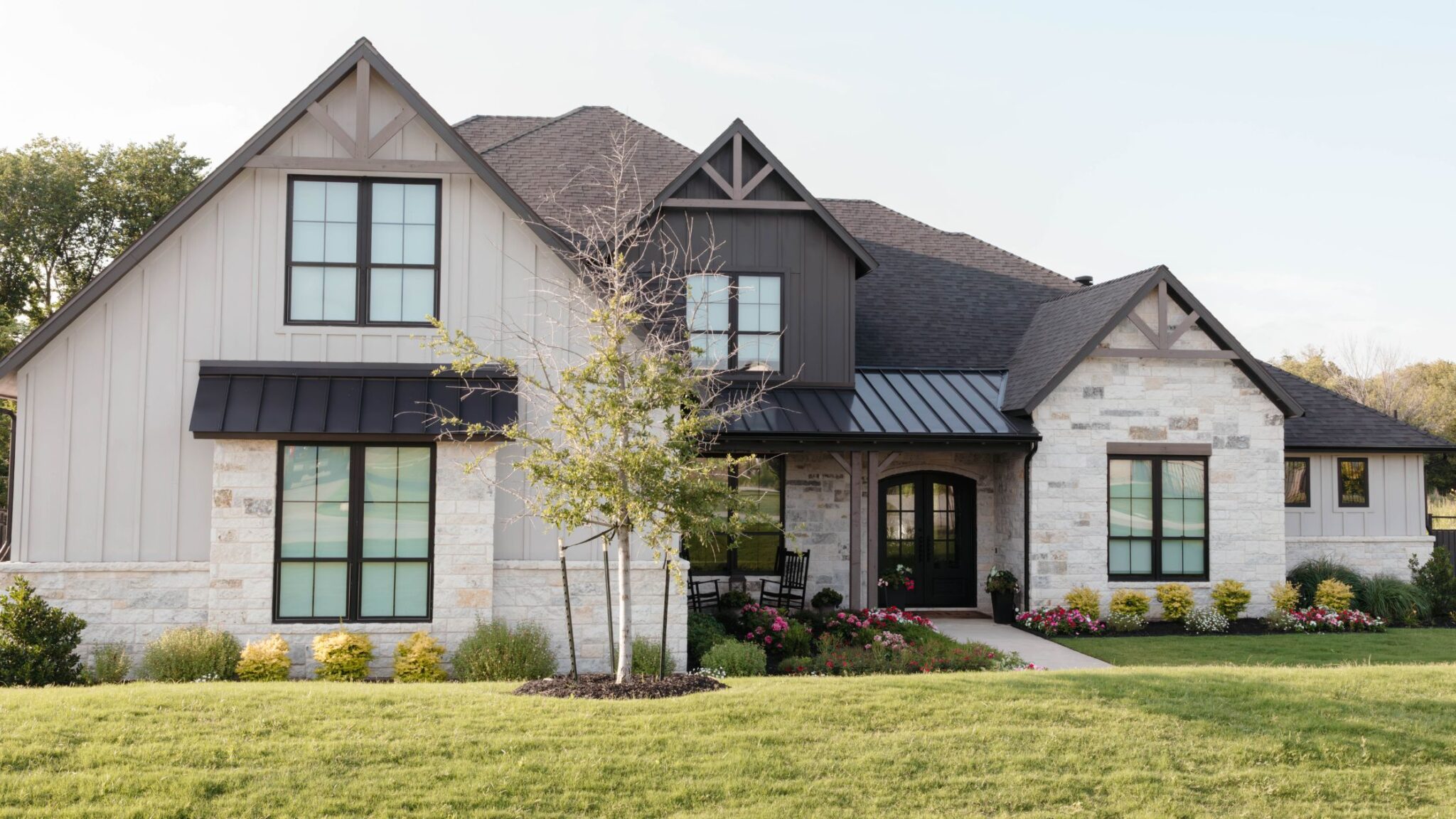When folks ask me, “Victor, can you finance a custom home?” my first answer is simple: yes, you can.
But there’s one thing that determines whether it’s smooth sailing or a complete disaster. And for most folks, it’s the last thing they would have ever thought to check: their builder’s relationship with the bank.
When you’re building a custom home, this matters a lot more than you may realize.
Here are three big reasons why:
Reason #1: The Bank Already Trusts the Builder
Just last week, a client from the coast called me in a panic. His big-name bank flat-out refused his construction loan. Why? Not because he wasn’t qualified. He had plenty of assets. But the bank didn’t know his builder, and they weren’t willing to risk their money on someone unproven.
Forty-five minutes later, I had him connected with a local bank president I’ve worked with for years. One call and the problem was solved.
That’s the difference a banking relationship makes.
See, most folks think, “Well, the loan’s in my name, so the bank only cares about me.” But that’s not the case. The bank might be lending you the money, but they’re vetting the builder just as hard. If the builder doesn’t have a proven history with them, the whole thing can fall apart before it even begins.
Any good builder should have two or three bank vice presidents on speed dial. If they don’t, there’s probably a reason the banks are keeping their distance.
Reason #2: The Paperwork and the Draw Process
Construction loans aren’t like writing a check and hoping for the best. There are strict rules on how borrowed money gets used: when it’s released, how it’s tracked, and where it’s going. And the bank plays a big role in all of it. They regulate the funds, stage by stage, to make sure nothing slips through the cracks.
If your builder doesn’t know how to work within that process – or worse, if they’ve burned bridges with lenders – your entire build can grind to a halt; and the stress lands squarely on you.
That’s why smaller, local banks matter so much. They’re hands-on. They know the builders in town. And when your builder already has a trusted relationship, those inspections and draw requests flow like clockwork.
Reason #3: Getting the Right Financing
Not all financing is created equal, and this is where many homeowners get tripped up.
Most of my clients aren’t your typical W-2 salary folks. They’re small business owners, salespeople, or empty nesters who may have high net worth but not a steady monthly paycheck.
Big banks don’t like that. They glance at the income column and turn their nose up, even if you’ve got plenty of assets. And that’s where local banks come in. Community banks know their people. They know the builders in town. And they’re willing to work with customers who don’t fit neatly into a national bank’s spreadsheet.
But even once you’ve found the right bank, you’ve still got to make sure you’re applying for the right type of loan, because there are actually two kinds involved in building a custom home.
- Construction loan: This only lasts during the build. It’s usually interest-only, and you only pay on what’s actually been spent. The bank stays closely involved with inspections and draw requests during this stage.
- Mortgage: This is the long-term loan that kicks in once the house is finished.
Confusing the two can cost you months, and a whole lot of stress, if you’re not working with the right lender and the right builder.
Does Your Builder Pass the Bank’s Sniff Test?
At the end of the day, the bank isn’t just approving you. They’re approving your builder, too.
If the bank already trusts your builder, your financing flows, inspections move smoothly, and your project stays on track.
But if the bank turns up its nose? Your financing stalls, your build grinds to a halt, and your dream home is at risk.
That’s the sniff test. And it’s the #1 sign of whether your builder is truly bankable, or just blowing smoke.
But banking relationships are just one of the traps that can derail a custom build. There are others too, and they’re not always easy to spot until it’s too late.
That’s why I put together a free guide:
The Texas Home Build Playbook: 8 Mistakes That Can Turn Your Dream Home into a Nightmare
It’s packed with practical advice to help you:
- How to avoid the hidden traps buried inside builder contracts
- The design tools that eliminate layout regret
- What great builders do differently
- How to avoid overwhelm and rushed decisions
- Why most delays are preventable
- How to spot poor workmanship early
- How to make informed design choices under pressure
- What it takes to build a home that’s truly comfortable and energy efficient
- Why Choosing the Right Builder Makes All the Difference
And much, much more!
Read about the journey of Victor. Victor Myers Custom Homes proudly partners with NAHB, TAB, and Dallas BA.


